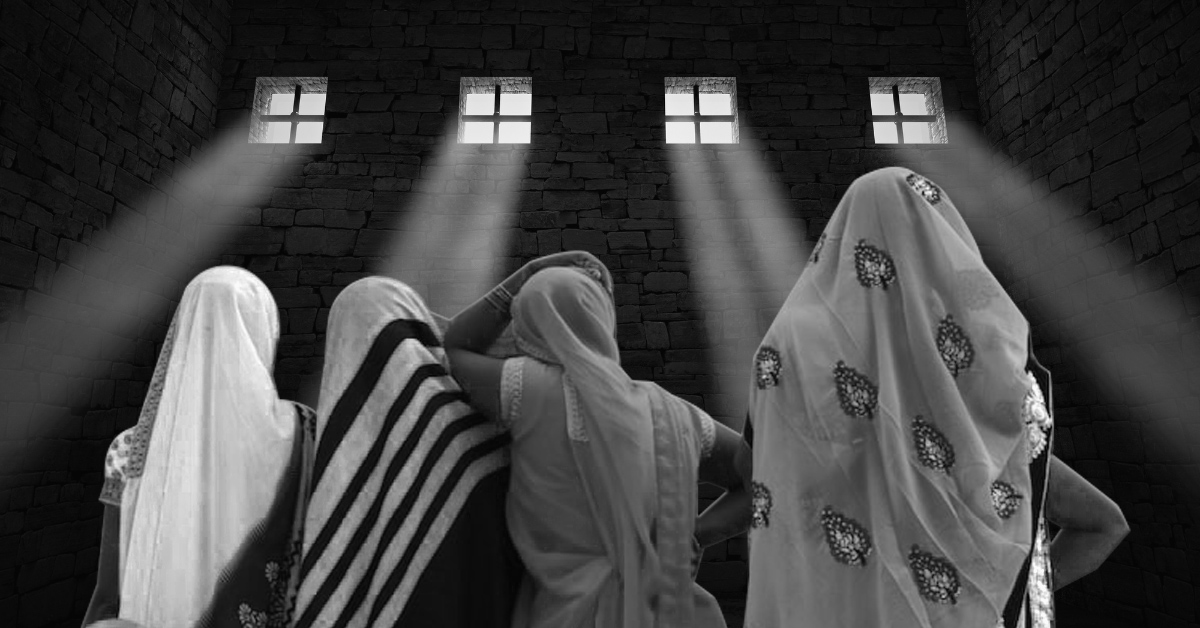


Introduction
Mahatma Gandhi, also known as ‘Father of the Nation’ rightly gave a lesson to the entire mankind that one should hate the crime and not the criminal, paving the way for humanitarian and dignified treatment for prisoners incarcerated in the prisons and making special provisions for the vulnerable classes of prisoners such as females.
The constitution of India is a supreme law of the land which provides fundamental rights to every citizen. In numerous judgments of the Hon’ble Supreme Court, it has been repeatedly held that an undertrial or prisoner does not lose his fundamental rights merely because he/she has been convicted for an offence. In the case of State of A.P V. Challa Ramkrishna Reddy the Supreme Court states that prisoner does not cease to be a human being and while lodged in jail whether male or female enjoys all the fundamental rights guaranteed by the constitution of India including the right to life guaranteed by the constitution of India.
This brings to situation of female prisoners in comparison to male prisoners in the prisons of India. It has been repeatedly observed that very few women prisoners have been allotted separate women’s prison facilities and they have been also deprived of basic facilities healthcare, sanitary napkins and menstrual hygiene products and facilities like legal aid, and recreational facilities. There have been certain cases of custodial rape due to lack of proper security and adequate staff, which leaves females at a vulnerable and unfortunate spot.
According to Section 51(2) of CrPC, when any female is searched there must be a necessary cause and the search shall be made by another female with strict regard to decency and dignity of females. Section 160(1) of CrPC mandates that women should not be called to the police station or to any place other than their place of residence for questioning.
In the case of Sheila Barse v State of Maharashtra numerous unfortunate instances have been brought out as to how the jewelry and belongings of female prisoners have been misappropriated by the lawyers and there was no adequate arrangement for providing the legal assistance. With respect to such situations, the Hon’ble Courts have noted that legal assistance to a poor or indigent accused who are arrested and put in jeopardy of their life or personal liberty is a mandate to the state under Article 39A and article 14 i.e., equality before law and equal protection of law within the territory of India. The Hon’ble Supreme Court, in the case of Sheela Barse V. State of Maharashtra has passed the following guidelines in reference to the rights of female prisoners which are:
a.Four or five police lockups should be selected in reasonably good localities where only female suspects should be kept and they should be guarded by female constables. Female suspects should not be kept in a police lockup in which males are detained. b.Interrogation of females should be carried out only in the presence of female police officers/ constables.
c.As soon as the person is arrested, the police must immediately obtain from him the name of any relative or friend whom he would like to be informed about his arrest and the police should get in touch with such relative or friend and inform him about the arrest.
d.The magistrate before whom an arrested person is produced shall enquire from him whether he has any complaint of torture or maltreatment in police custody and inform him that he has the right under Section 54 of the Code of Criminal Procedure, 1973 to be medically examined.
Through numerous other guidelines have been issued by Hon’ble High Courts across jurisdictions, the fundamental core principles of law should be aimed to protect the females and marginalized from the atrocities by the state agencies and the fellow prisoners.
CONCLUSION
The aim of every welfare state is to develop each and every citizen to his/her maximum potential and create an environment where fear does not find a place. In a rapidly developing society, the laws must also follow social change in order to cater to the needs of the people.
In order to recognize the rights of LGBTQ+ community, the state must also make provisions for separate prisons for those who identify themselves apart from the binary genders. Moreover, a proper structure of prison administration must also be brought in for developing a check and balance measure for ensuring that these provisions do not remain mere letters on the papers of law but also percolate to the spirit of the Indian legal system.